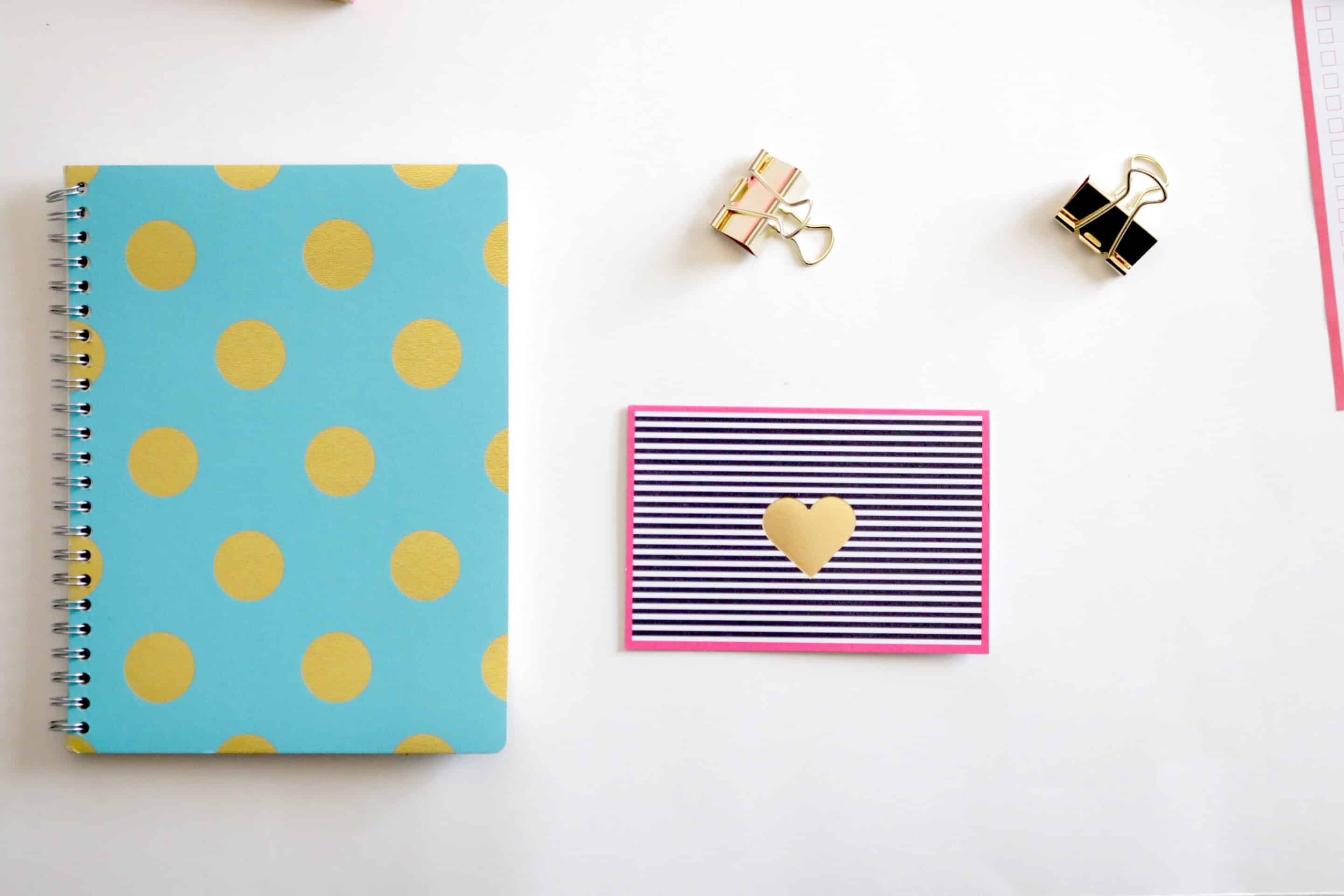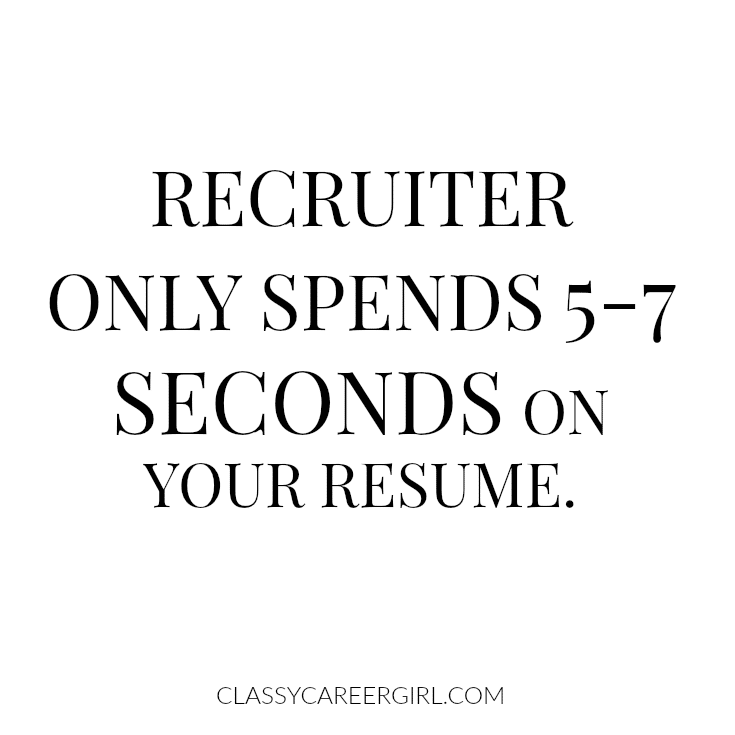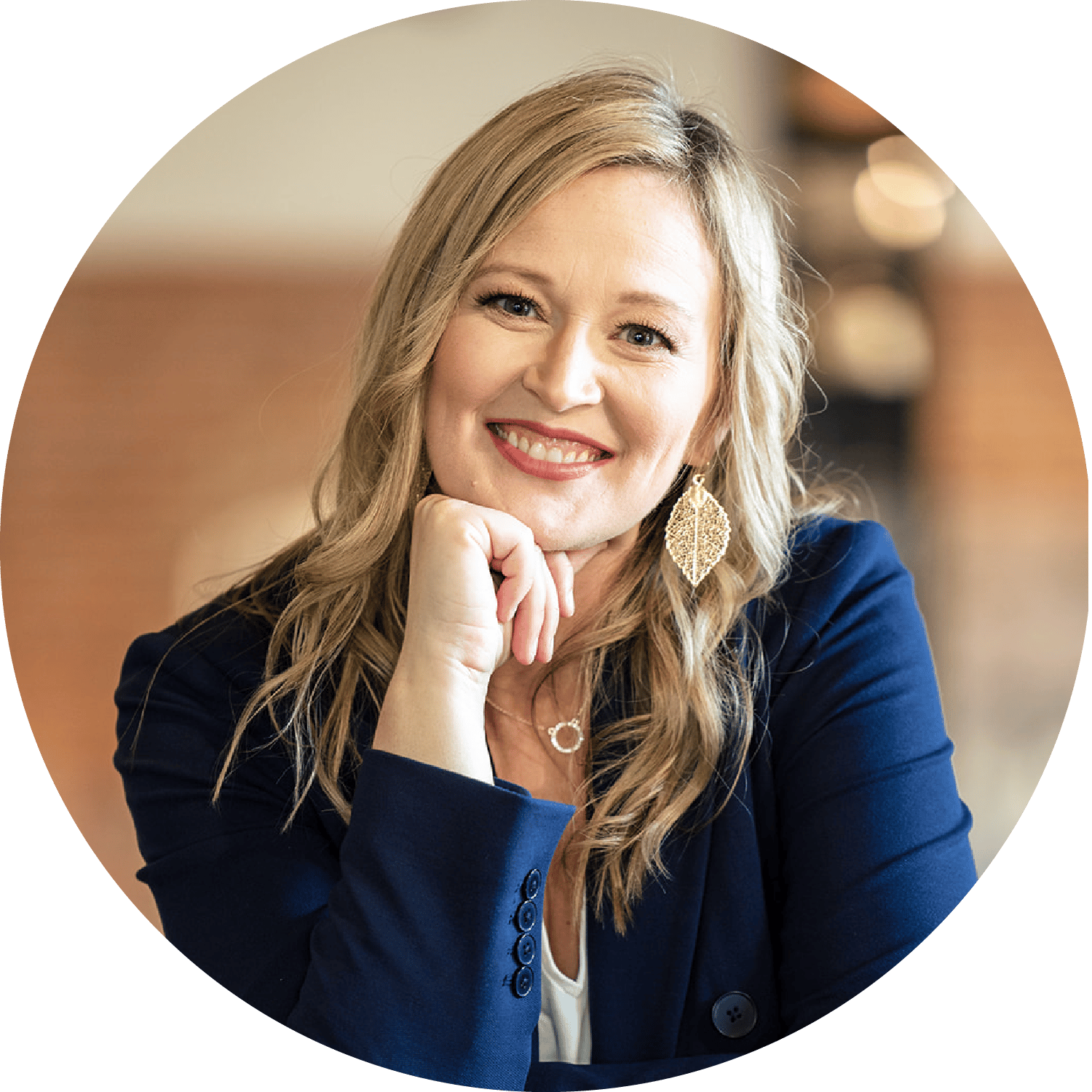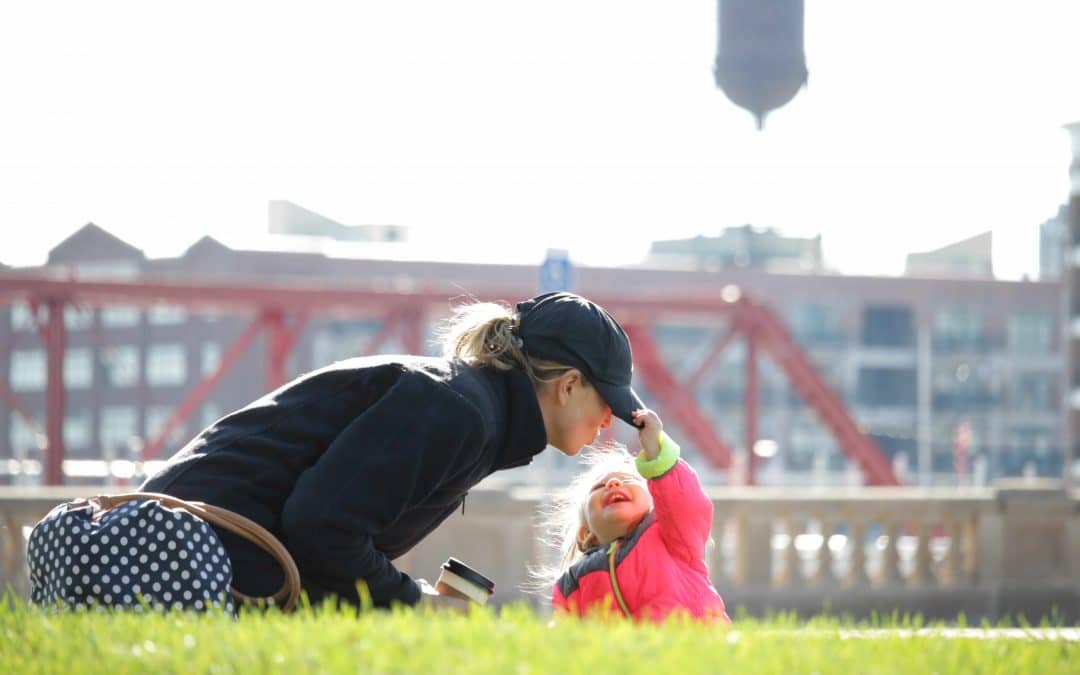Now it’s onto the fun employment stuff. Resumes, cover letters and other important career documents. What? You think that sounds boring? Don’t worry. I’ll make it fun and it won’t even be that hard.
The details really do matter here so we’ll focus in on the key elements so you can stand out from the competition and land your dream job. We’ll cover what information recruiters and hiring managers will be looking for. We will also make sure you have some other important career docs ready including Thank You letters, recommendations, endorsements and portfolios.
And last but certainly not least, you’ll learn how to complete a job application effectively so it actually gets past the application tracking system and onto a real live person. This is equal part art and science, but we do continually strive to collect data about what’s working now. We’ll update this article periodically to make sure you always have the latest and greatest tips on how to make sure your job search documents get the results you desire.
10 Things You Need to Find Employment:
1. Resume Branding Strategy
This is the step that is often missed by job searchers. One of the biggest mistakes when searching for employment is not doing this pre-work and really thinking about your branding strategy before you start updating your resume. So start asking yourself some questions like what is the first thing that you want the interviewer to know about you?
Remember, often a recruiter only spends 5-7 seconds on your resume so you must be ready to convey the most important part first! Also, what makes you unique and what makes you awesome? It’s ok to brag!
2. Keywords and Job Descriptions
If you miss this task you might not actually even get your resume seen by a live person if you don’t pass the computer system! When you apply, you are competing with on average 250 other resumes and a computer system is weeding out the best resumes. What are the computers, otherwise known as application tracking systems, looking for? The right Keywords! We don’t want you automatically disqualified for employment because you don’t have the right keywords included in your resume.
3. Accomplishments and Results
I always recommend starting out a resume with a summary statement. A summary statement should be about 4-6 lines and include the top 5 things you want them to know about you. This is where you are going to highlight your most relevant strengths, results that are unique to you and the job you are applying to.
Remember to always focus on your prior results and accomplishments. Never just list tasks you have done in the past. This is what everyone else does so stand out instead!
4. Resume Structure
It’s also time to pick out which resume format and template you want to use. There are four types of resumes you can choose from so pick what works best for you:
1. Functional Resume. This resume is focused on your skills and experiences rather than your chronological work history. It is used most often by people who are changing careers or who have gaps in their employment history.
2. Chronological Resume. This resume starts by listing your work history, with the most recent position listed first. Employers typically prefer this type of resume because it’s easy to see what jobs you have held and when you have worked at them.
3. Combination Resume. With this type of resume, you can really highlight the skills you have that are relevant to the job you are applying for and also provide the chronological work history that employers prefer.
4. Non-traditional resume typically includes photos, graphics, logos and any other images. This could be web-based or an online portfolio. This type of resume is perfect for non-traditional roles where the job description requires creativity and thinking outside of the box. This is the resume if you want to stand out and the company you are applying at is not conservative.
5. Cover Letter Structure
So your heads probably exploding with resumes and keywords, so let’s take a break from resumes and move onto crafting a fabulous cover letter. Your cover letter is really important because some hiring managers don’t even look at a resume and only look at the cover letter. That’s because the cover letter should really give them a great introduction and background to who you are. It should capture the most important items from your resume. So don’t set your cover letter aside like it’s not important.
So let’s back up a bit and start at the beginning. What is the purpose of the cover letter? Cover letters explain the reason for your interest in a job and they identify your most relevant skills or experiences.
6. Job Search Application
Take the time to read all the instructions and briefly review the full application before you start to fill it out. This prevents repeating information or putting it in the wrong place. Apply within the first week that job is posted. Research shows your chances of getting a call back are higher if you get the application for employment in as soon as possible.
7. Thank You Letter Templates
Tired of going to job interview after job interview? Sending a thank you note will help you stand out from the crowd. It’s all too common to hear that hundreds of people are applying for one job these days; once you get an interview it’s important to differentiate yourself as much as possible from the other candidates.
Sending a thank you note after your interview is a great way to be remembered and to make a positive impression that could lead to your dream job!
8. Letters of Recommendations
Think letters of recommendation aren’t needed anymore? Think again.
You just never know if you will need it in the future so it’s better to get it now before the person forgets about your accomplishments. It will also help you improve your resume and cover letter because they may remember things you really helped with that you had forgotten. It also prepares them to be listed as references in the future so that when they get a call from someone they remember that letter they wrote you.
9. List of References
Never list references on your resume. Wait until the employer asks for them as part of the application or interview process. Most references should come from previous supervisors and co-workers whom you worked closely with in the past, though you may also choose to list an educational mentor/professor or personal/friend/character reference.
10. Portfolio
So what is a career portfolio? A career portfolio is a support document that is used to support what your resume claims. I know very few people who have them but I created one when I was on the job hunt and it helped me get my dream job AND I have hired people who have presented their portfolios to me as well.





